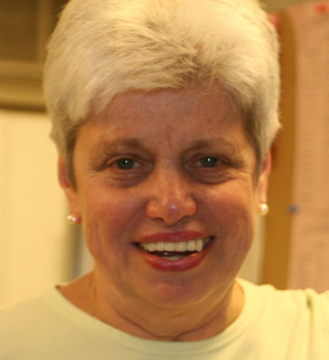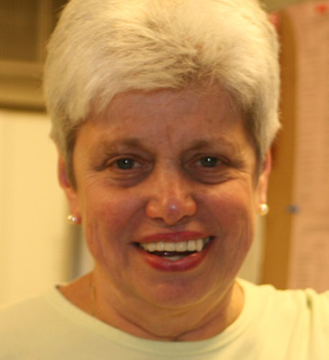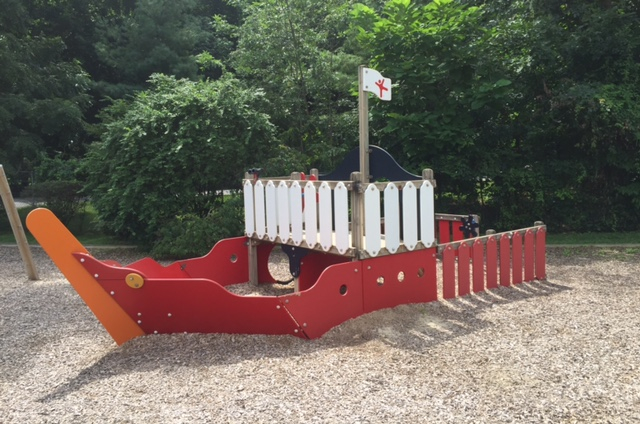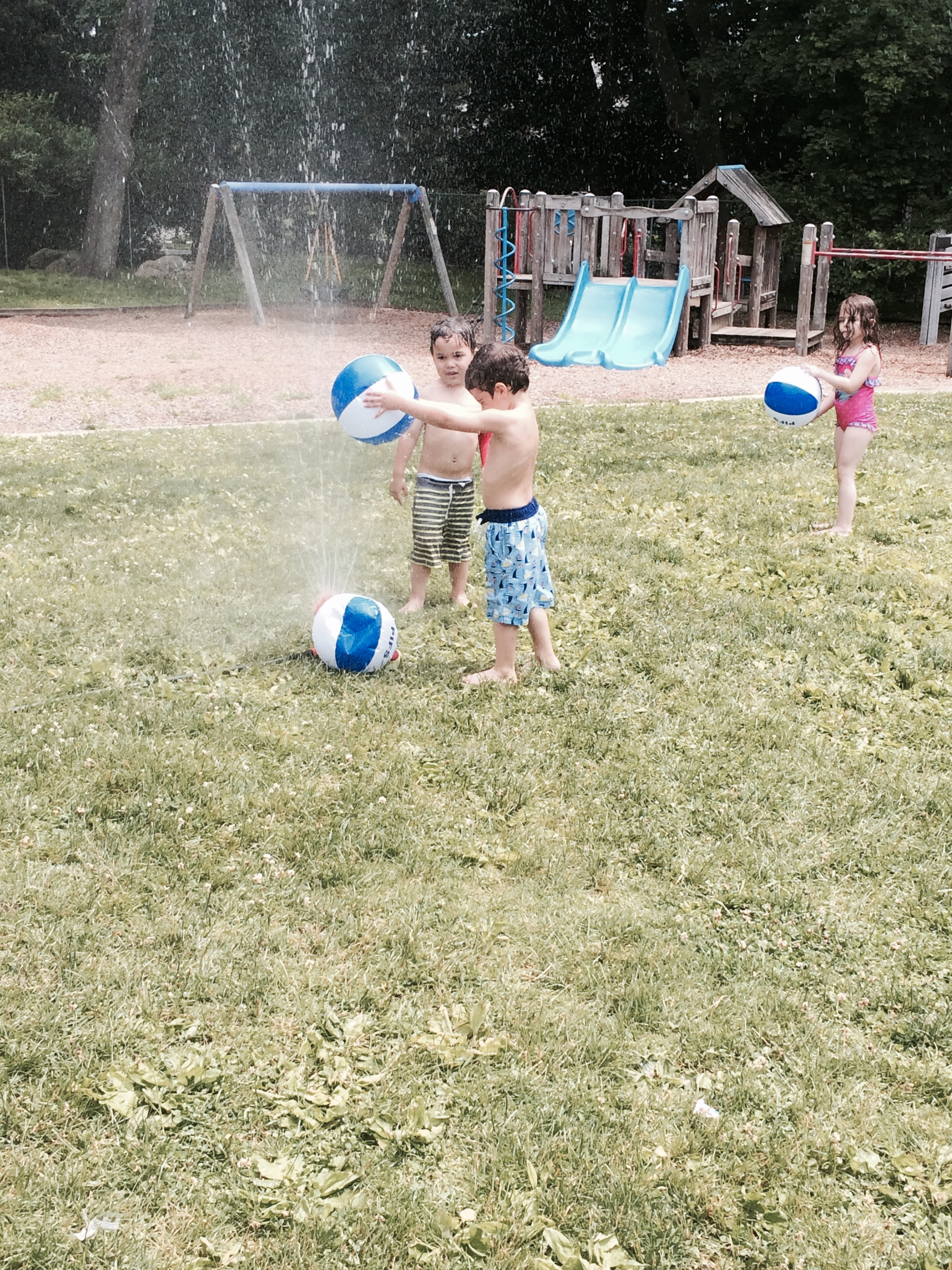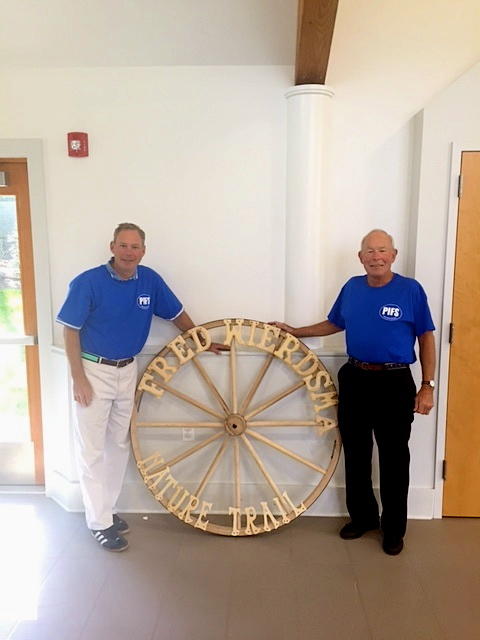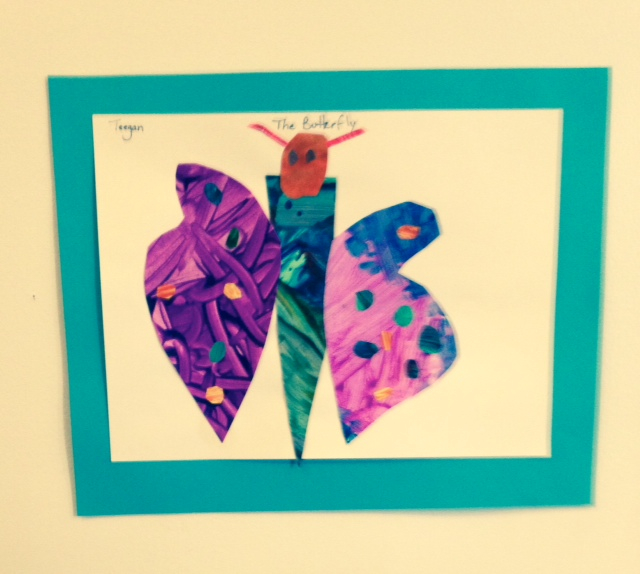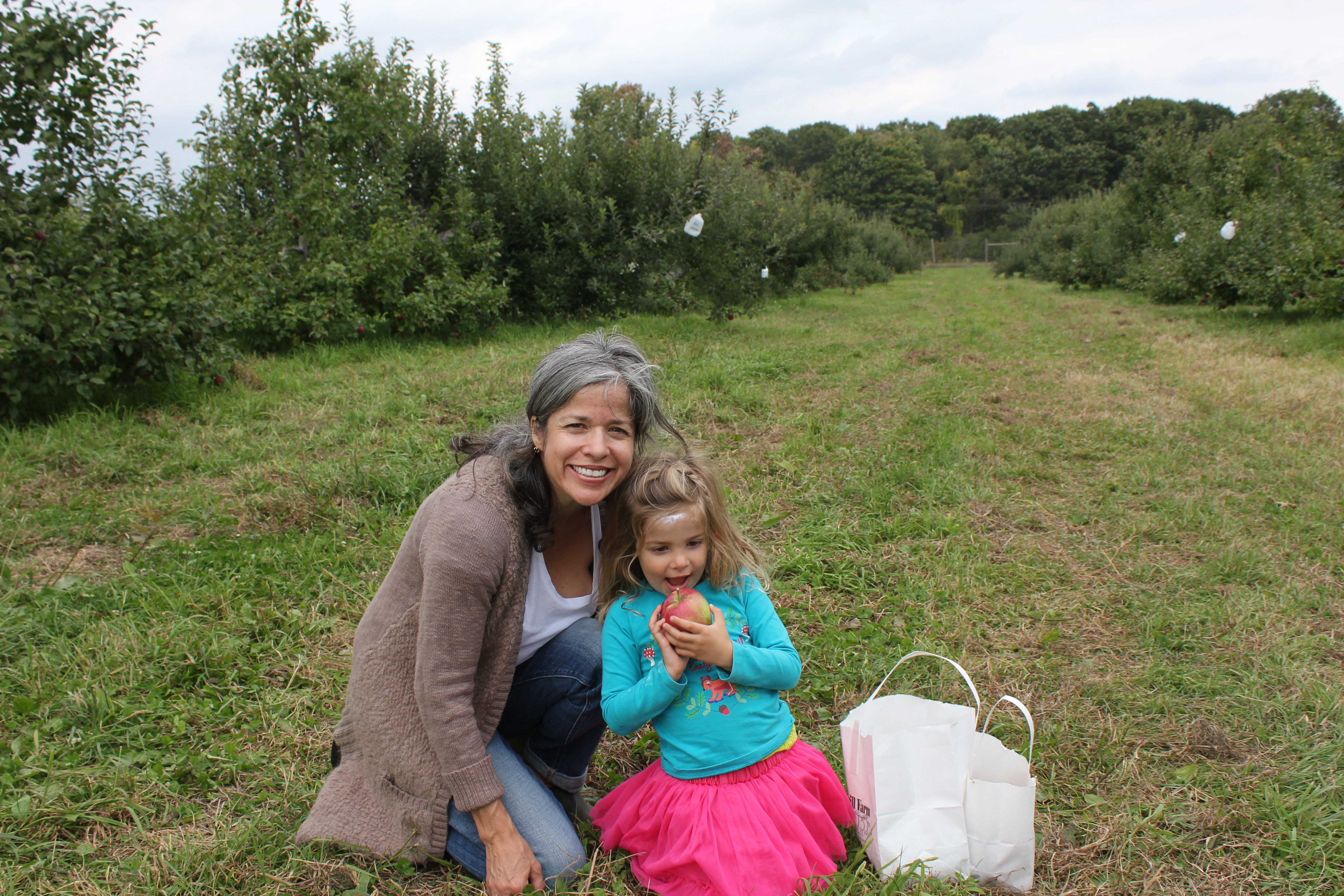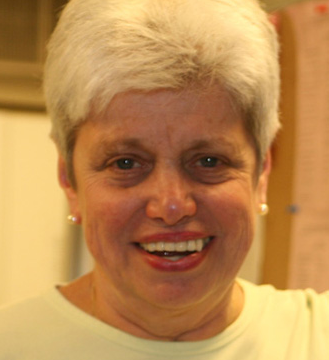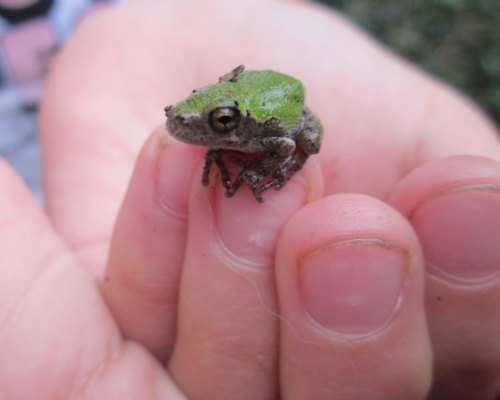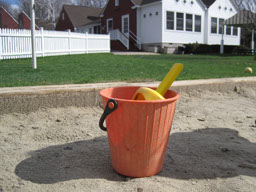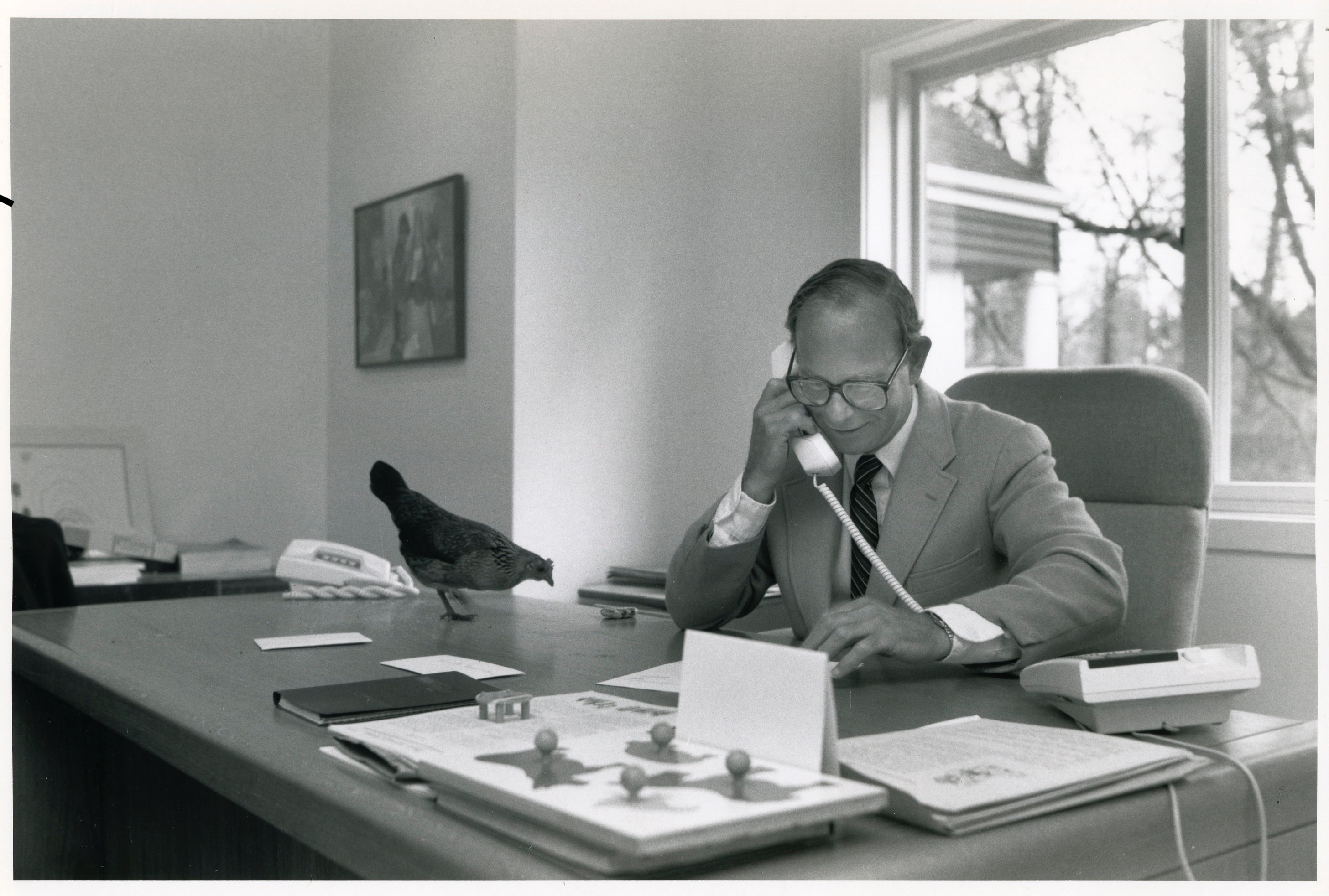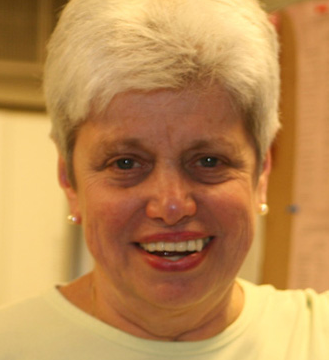29 Oct On Grandparenting
Most likely, few of you readers of this column are grandparents. Most of you who have young children, however, probably have one or more parents of your own who play a role in your children’s lives. As a grandparent myself, I offer this column to encourage you to give some thought to the nature of the grandparenting relationship. Perhaps it will even encourage you to open up a conversation with your parents that will make...


